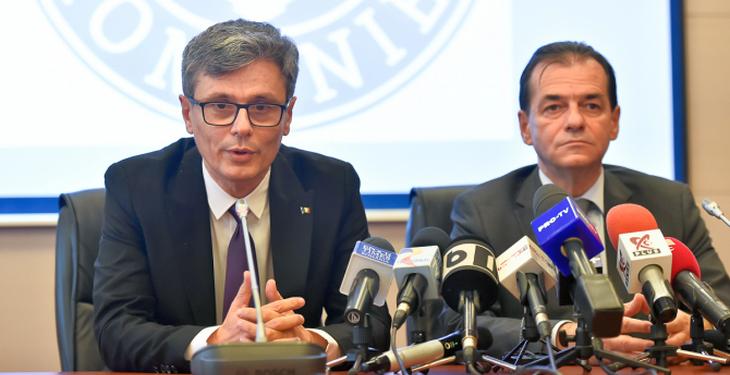Romanian Government approved the general principles regarding the implementation of Contracts for Difference. This opens the way for the Ministry of Economy, Energy and Business Environment to contract the necessary consulting services to define in detail how this support scheme for low-carbon electricity production will work.
The technologies considered as potential beneficiaries of the CfD scheme are
- nuclear technology, for building new units
- technology for the use of renewable resources, including hydropower and power storage technologies
- CCUS technology for fossil fuel electricity generation capacity
- The document presenting the principles also states that support for renewable energy will be provided for technologies that are not feasible in the absence of a support scheme and in situations where it is necessary to achieve / maintain the targets set in this area.
The Contract for Difference is defined as a market mechanism that works by stabilizing income for producers, at a fixed price level known as the “strike price”, which generally represents the final price per MWh that the investor will obtain as a result of the application of CfD. The strike price is a price of electricity that reflects the cost of investing in a particular technology and is generally set following tenders for CfD-type support or direct negotiation, in the case of single projects (eg the new nuclear units from Cernavoda project). Practically, through this market mechanism, the beneficiaries of CfD will have the certainty of obtaining a certain level of income, which guarantees the recovery of the initial investment. The mechanism for stimulating those investments is a support scheme and will be notified to the European Commission for approval.
The Ministry proposes to the Government for approval a maximum annual level of support, expected to be granted for the entire CfD mechanism, broken down by technologies:
- an estimated annual grant budget of around € 125 million per year for renewable resources projects
- an estimated annual grant budget of around EUR 215 million per year for nuclear projects
- for CCUS installations / equipment, the annual budget will be established when they become commercially viable
Depending on the provisions of the national Energy Strategy, the commitments assumed by NECP (National Energy Climate Plan 2021-2030), MEEMA will establish the budget for CfD and the need to ensure energy security, budgets and capacity levels which will be auctioned in order to secure the CfD type support. Also, based on the above criteria, MEEMA will establish the unique projects that will benefit from CfD on the basis of negotiation.
After the approval from the Government of the general principles of the CfD mechanism, the Ministry of Economy, Energy and Business Environment will contract consultancy services to define
- the primary and secondary legislation necessary for the implementation of the CfD mechanism
- the area of competence and responsibility of the entities involved in the administration of the State aid support mechanism
- defining / establishing the regulatory framework and financial / guarantee flows needed to ensure the liquidity / creditworthiness and “bankability” of projects
- the financial / guarantee flows related to the collection of the necessary funds and the corresponding payments, the terms and conditions applicable to the management of the funds, receipts and payments related to the State aid support mechanism based on CfD
- the compensation rules applicable both to the payments made by the CfD beneficiaries and to the amounts collected from consumers the framework contract for the CfD mechanism
- the detailed mechanism for allocating support for new capacities
- the eligibility requirements to economic operators for participation in the CfD-based State aid support mechanism, etc.
- gain-share agreements, for the sharing of profits and costs for personalized (single) contracts
- the economic modeling of the impact on consumers and producers in Romania and on neighboring countries
- the necessary further steps to reach an EU agreement on the support scheme, in the context of discussions with the major entities involved (DG Energy, DG Competition)
At the same time, the study will continue with an analysis of the impact on the market on end customers, both industrial and domestic, and on producers, in Romania and neighboring countries.
